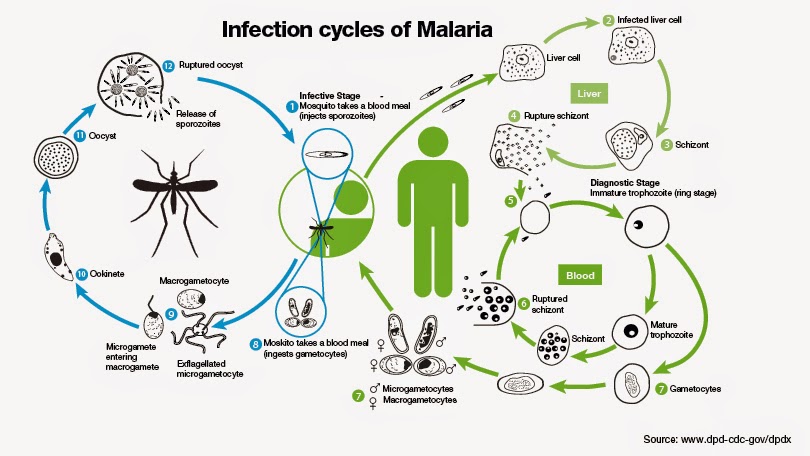On World Malaria Day 2015, the World Health Organization is calling for high-level commitment to the vision of a world free of malaria. The theme, set by the Roll Back Malaria Partnership, is Invest in the future: Defeat malaria. This reflects the ambitious goals and targets set out in a draft post-2015 strategy to be presented to the World Health Assembly in May. The new strategy aims to reduce malaria cases and deaths by 90% by 2030 from current levels. Four countries have been certified free of malaria in the last decade and the post-2015 strategy sets the goal of eliminating the disease from a further 35 countries by 2030.
- Malaria is a life-threatening disease caused by parasites that are transmitted to people through the bites of infected mosquitoes.
- In 2013, malaria caused an estimated 584 000 deaths (with an uncertainty range of 367 000 to 755 000), mostly among African children.
- Malaria is preventable and curable.
- Increased malaria prevention and control measures are dramatically reducing the malaria burden in many places.
- Non-immune travellers from malaria-free areas are very vulnerable to the disease when they get infected.
WHO




